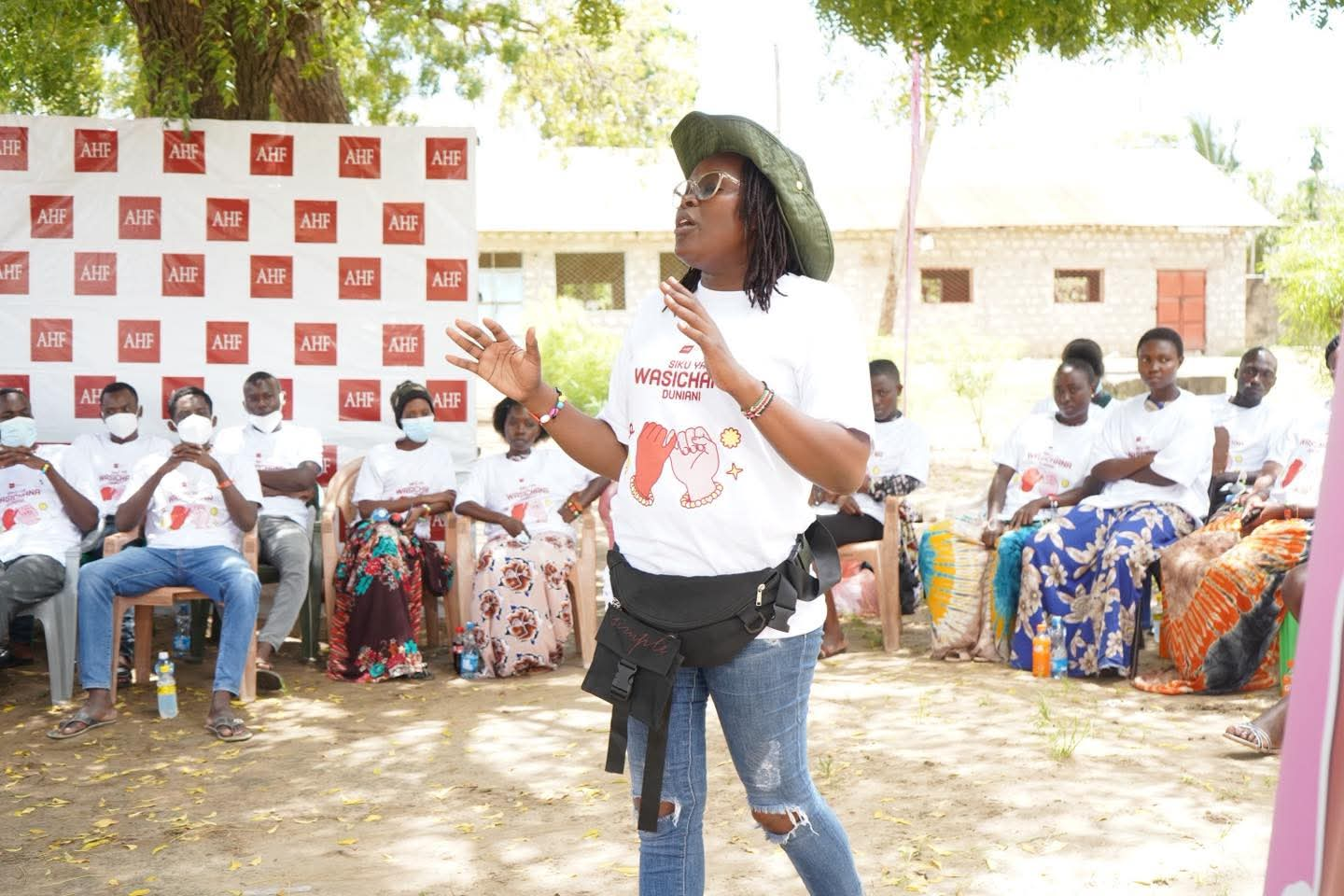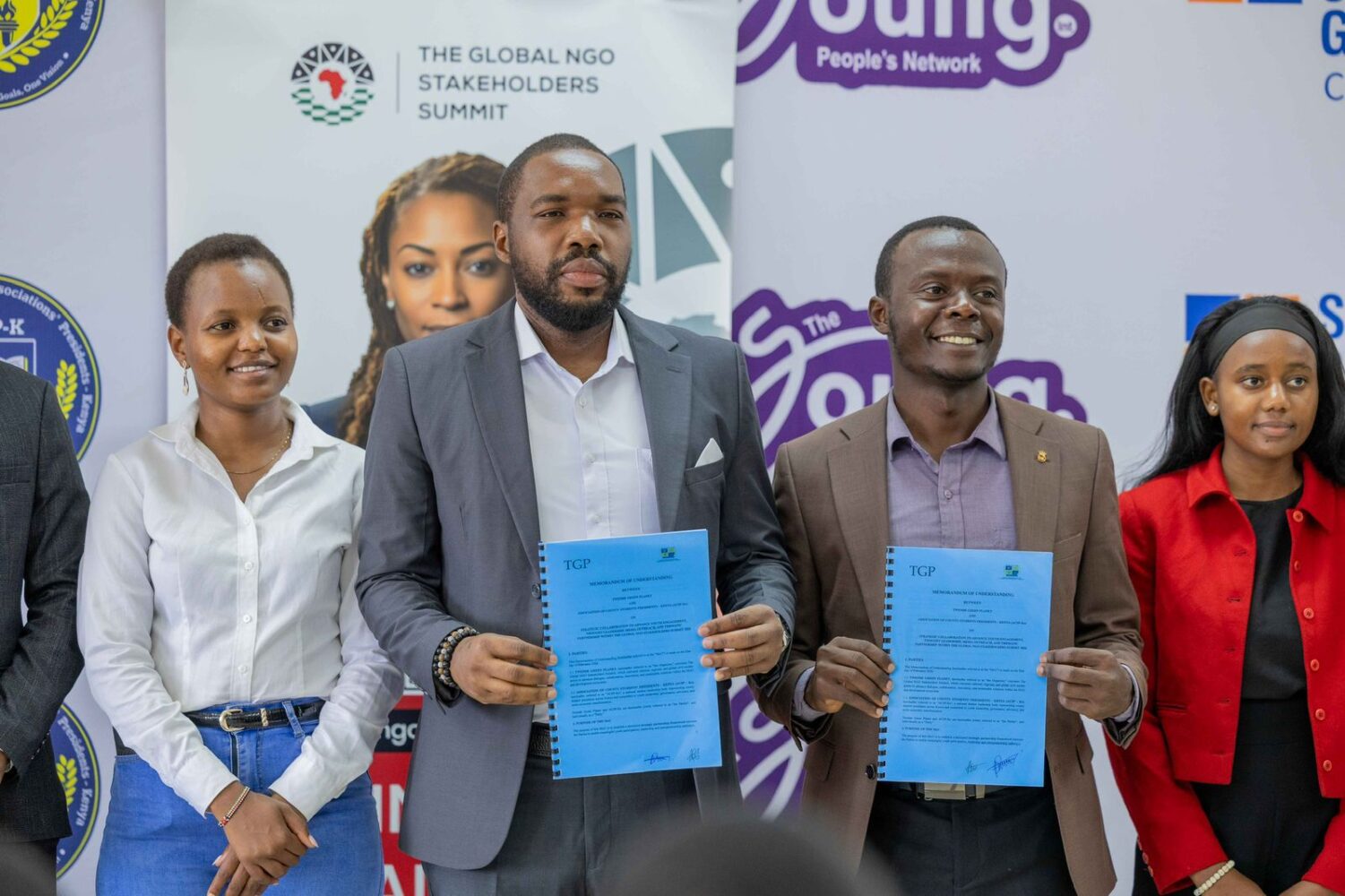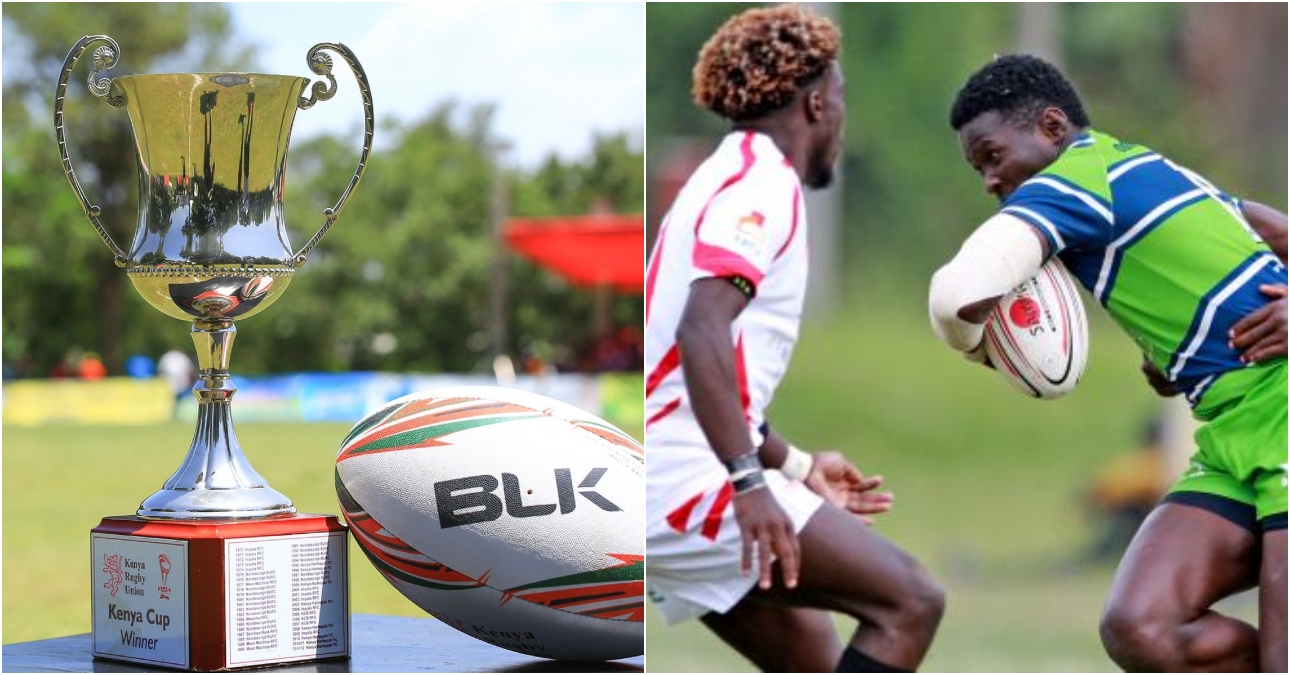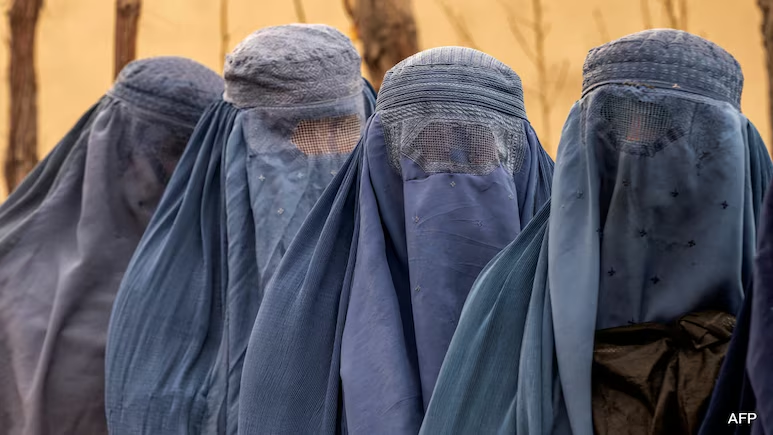As the world marks the International Day of the Girl Child, Kilifi County continues to face a disturbing surge in cases of defilement and teen pregnancies.
According to the AIDS Healthcare Foundation (AHF), between January and September 2025, the county recorded 420 cases of defilement, 52 cases of rape—including 36 cases of incest—355 cases of early pregnancy, and 14 cases of sodomy.
Kennedy Furaha Charo, a gender-based violence community champion from Gongoni in Magarini Sub-County, who has helped secure the conviction of more than ten perpetrators since 2012, says the fight against sexual violence has not been easy.
“It is painful to see that respected members of society, people once trusted, are among the main perpetrators,” he said. “Anyone can be a potential abuser, so parents must be cautious about who they entrust with their children, including relatives and friends with questionable behavior.”
Bibi Anna Salimu of Sauti ya Wanawake Magarini emphasized the need to support both boys and girls in the fight against gender-based violence.
“While much advocacy focuses on empowering the girl child, the boy child has been neglected. We need to mentor boys as well so that they become protectors, not perpetrators, and build a balanced society where both genders thrive,” she said.
Lydia Mulongo, a community champion from Marereni, identified teenage pregnancy as one of the biggest challenges facing young girls in the region.
“Poverty is a key factor,” she noted. “Many parents cannot provide basic needs such as sanitary towels, leaving girls vulnerable to exploitation by those who prey on their innocence. Parents must take responsibility for providing and protecting their children.”
Dr. Samuel Kinyanjui, the Country Director of the AIDS Healthcare Foundation, described Magarini Sub-County as the worst-affected area, citing alarming rates of defilement, incest, and rape.
“These cases contribute significantly to the triple threat of HIV infections, teenage pregnancies, and sexual violence,” he warned. “There is an urgent need for stronger community dialogue, prevention programs, and family-centered interventions.”
Dr. Kinyanjui further stressed that solutions must begin at home.
“Parenthood is where values are nurtured,” he said. “Unfortunately, many victims in Kilifi are silenced, and most cases go unreported allowing perpetrators to continue their crimes with impunity.”
In commemoration of this year’s International Day of the Girl Child, celebrated under the theme “The Girl I Am, The Change I Lead,” AHF Kenya held a community dialogue in Gongoni Sub-County.
The discussion was part of AHF’s ongoing efforts to promote gender equality, protect health, and empower girls and young women by creating open and inclusive spaces for communities to identify root causes and develop shared solutions.
The session brought together community gatekeepers, influencers, teachers, community health promoters (CHPs), adolescents, youth representatives, chiefs, assistant chiefs, and village elders to discuss pressing social challenges affecting Kilifi, including gender-based violence, sex tourism, teenage pregnancy, child labor, and early marriages.












